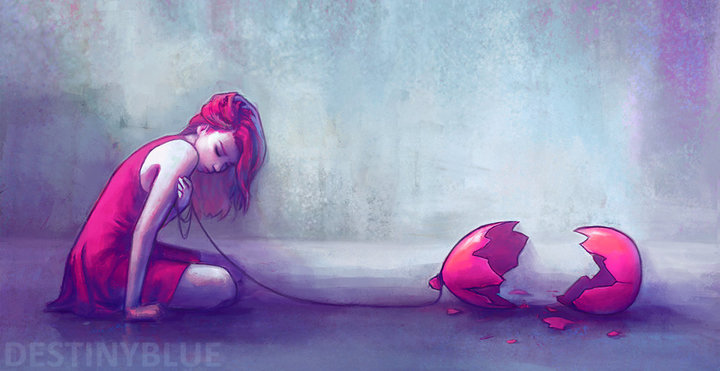2 minute read
Needless to say, children should be loved and taken care of.

Human being is helpless during infancy and the healthy development depends on healthy parenting. Nevertheless not every parent lives up to the social and evolutionary standard. One would argue that these things happen, whatever doesn’t kill you makes you stronger… etc., etc.
It is important to notice though, that traumatic experiences during infancy are much more damaging than such unfortunate events in adulthood.
Why?
Because they become part of our sense of self and damage seriously our self-worth.
How?
In psychiatry, confabulation (verb: confabulate) is a disturbance of memory, defined as the production of fabricated, distorted, or misinterpreted memories about oneself or the world, without the conscious intention to deceive.
I will give a psychoanalytical example of how confabulation emerges.
It often occurs that people have low self esteem or a feeling of worthlessness, but they don’t know why. They seek an analyst or any kind of therapist who could help them overcome these issues. In the process of getting to know the person some controversial data emerges. Further questions of the mental health professional lead the client to tell stories from the past that for the trained therapist make sense but nevertheless are distorted.
During his/her childhood, the client started developing feelings of inadequacy and lack of self worth. Nevertheless a parent or both parents are strongly idealized. Any attempt of breaking their image is met with strong resistance.
What happens is that the parents are the ones who neglected the child. But for a toddler the idea that the parent is omnipotent and protective is build in by instincts. This way a conflict emerges and at this point the only possible explanation is that he/she is worthless. The conflict is resolved and this false fabula for worthlessness and the justifications that one can find in the everyday life creates a story that turns out to be subjectively true, but not necessarily adequate.
It is often so obvious for a bystander, that one shouldn’t be a trained psychotherapist to realize that the fabula is not only not true but also malign for the subject.
Want to chat about this article? Leave a comment in the social media or send me an email with your thoughts and don’t forget to like us on Facebook.
Do you need professional help?
Image credit” DestinyBlue on Pinterest

Yes, I find that it´s so incredibly helpful for clients when you´re able to help them ¨connect the dots¨ between these things that happened in their childhood and the way they see themselves today. If they can see that their sense of worthlessness was something that developed then it doesn´t have to be the truth and can be a belief that they can move away from.